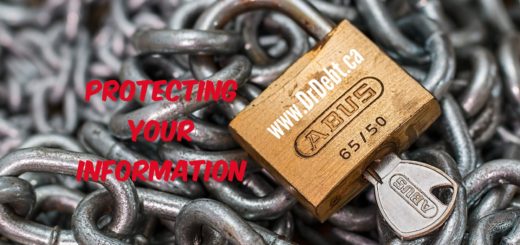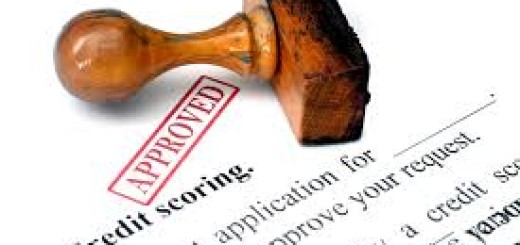What you need to know about your Credit Report’s’
I always preface a discussion around the credit reporting system by stating how frustrating the system can be. In some ways it is very black and white, yet in others very grey.
The first frustrating part is that there are two main credit reporting agencies in Canada – Equifax and TransUnion. One would think that they would have mirror files. They do not. Some lenders use one service while others use both. So to begin, may I suggest you check both reports for accuracy.
So here are some of things you should know about your report and the reporting industry in general:
- you are entitled to your report. It is your information. And it is free
- you can access it either in person, by telephone, online (by printing and completing a form), and can fax, email or mail in your request.
- you can also pay a fee for your report. At this point you are probably asking, “Why would I pay a fee if I can get it for free?”. The answer is, you get a bit more when you pay a fee. The report looks prettier and you get, most importantly your credit score (will blog on this a little later)
- you should check your report at least six months prior to applying for, or renewing, your credit. This allows you enough time to correct any errors or misrepresentations
- Should something be mis-reported, your first point of contact should be the party (lender) who reports. It is up to them to send the correct information to the credit bureaus.
These are just some preliminary tips on checking your credit report. If you have a specific question, please feel free to email me at info@drdebt.ca and I will respond either personally or via this blog (anonymously of course)






Hey Drdebt,
Cool Post, A title is an official document that proves or represents ownership over a certain asset. A title loan therefore is a loan that requires you to place the title of a property that you own (car, home or real estate) for use as a collateral or security to get a loan. The title must be free from administrative or judicial restrictions for it to be useful to get you finance.
Good Job!
In your blog this morning you mention that in order to fix an error or omission on your credit bureau you should start with the lender. It is much quicker and more direct to report the omission to the credit bureau by way of the Update Form that comes with your report than to ensure the creditor updates it. If you fill in the Update Form, the credit bureau does an investigation and updates their records for you. If you approach the bank, in most cases the individuals at the branch level have no control and knowledge of how the information even flows from them to the credit bureau, and you have no control on how timely they will be in sending in the information. My understanding is that the credit bureau will send a specific request to the bank and thus should get the results quicker
I am really impressed with your writing skills and also with the layout on
your weblog. Is this a paid theme or did you modify it yourself?
Either way keep up the excellent quality writing, it’s rare to see a great blog like this one today.
Thank you so much. The theme is part of WordPress with a few tweaks.